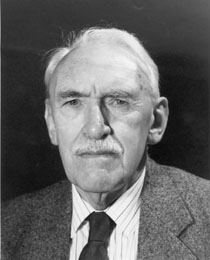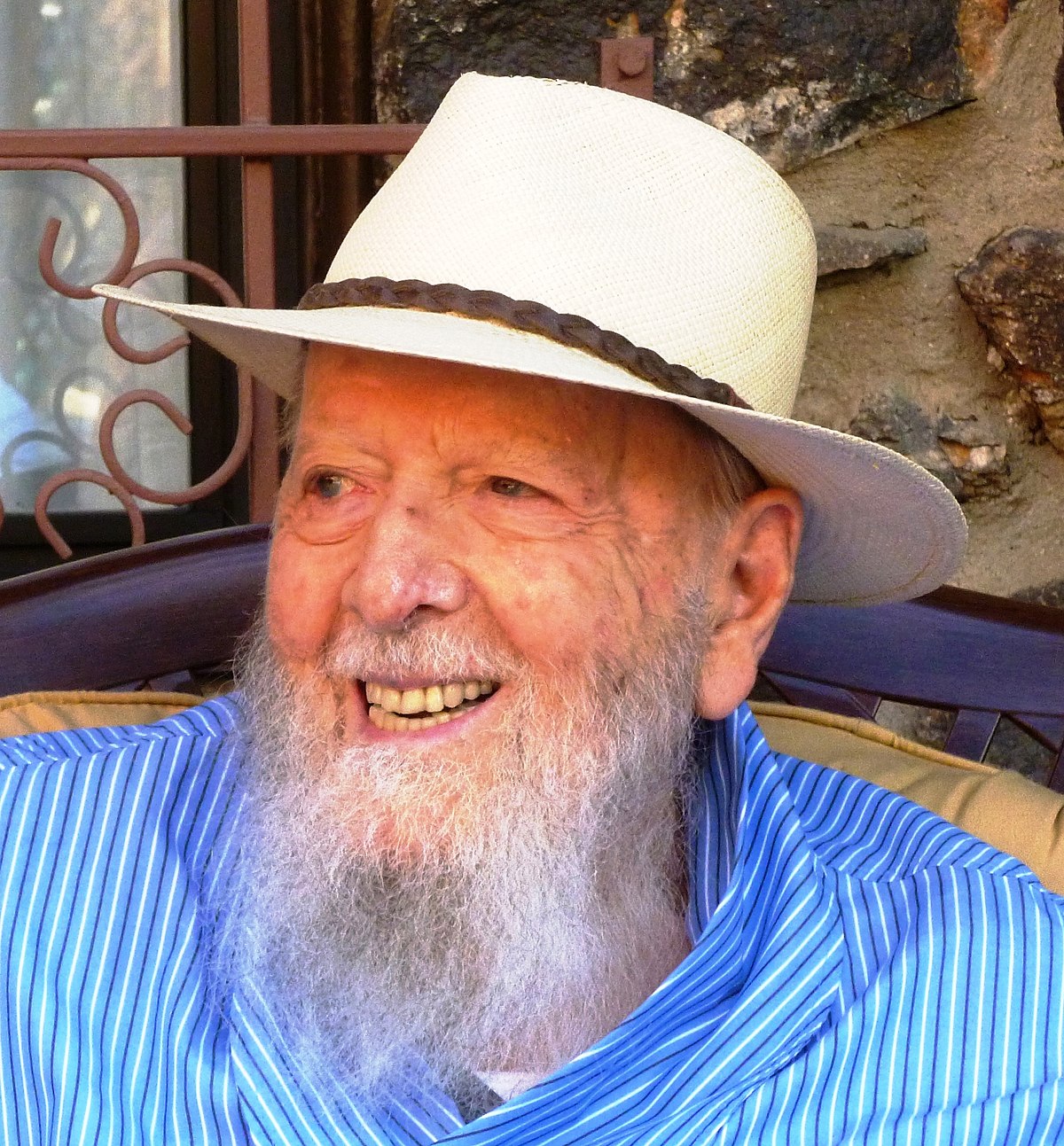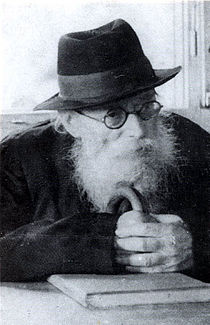A friend of mine told me of an interesting conversation that occurred between two professors at a Catholic university in the United States. One of the professors was a nun, while the other professor was an observant Orthodox Jew. The nun said to the Jewish professor: “You know, that after long deliberation on the matter I am convinced that if I were not born and reared all my life as a Roman Catholic, I would choose Judaism as my faith. If you were not born and reared as an Orthodox Jew, then what do you think your faith would be?” The Jewish professor thought the matter over carefully and then replied: “I would still be a Jew, though I would probably not be as observant of the commandments of the Torah as I now am.” The nun thought quietly about that response and then said: “I fully understand that answer. Jews really have no fallback faith. It is only Judaism for them. The only issue for them is how observant they will be of its ritual demands.”
In a completely unscientific survey that I decided to make after hearing of the above conversation, I asked the Arab custodian at the yeshiva where I teach, and with whom I have very cordial relations, the very same question: “If you were not born and reared as a Moslem, what faith do you think you would follow?” He looked at me very quizzically, fearing perhaps that I had some nefarious motive driving me in asking that question. When I further explained to him that I really had no missionary, monetary or political motive in mind when asking the question but that I was just taking a survey on the issue and that his answer would be non-binding upon him, he squinted and thought for a moment. He then said: “Even though many of the Arabs (not me, naturally) currently see the Jews as an enemy, if we were not Moslems we would probably follow Judaism.” He then added thoughtfully, “It is interesting that over all of the centuries, very few Jews ever became Moslems.” I walked away from that conversation in a very thoughtful and pensive mood. It seems that we are everyone else’s second choice, the true fallback, fail-safe faith for much of civilization.
Young Jews that I have known here in Israel and some of who were later students of mine told me that when they toured Nepal and India and came into contact with gurus and the holy men of the Eastern religions, they were amazed by the curiosity and interest that these people evinced in Judaism. One young man even told me that the main reason that he opted to come to Jerusalem to study Torah was the fact that he was so ignorant of Judaism that he could not answer any of the questions posed to him by the head of the ashram about Judaism. That ashram head was very disappointed in him and severely chastised him for his Judaic ignorance. The Jewish boy decided to remedy that failing by enrolling in a Jerusalem yeshiva and spending time studying Torah. But the interesting point that he made to me was that somehow Judaism as a faith (not necessarily Jews as a people) was held in much higher regard in that part of the world than any of the other religions, such as Christianity and Islam. Now, I understand that Christians and Moslems can have a relationship with Judaism, since their faiths sprang from Judaism and its scriptures and values. But I was somewhat surprised to learn that the Eastern religions, which at least superficially seem to have no relationship to Judaism and its values, and in fact may still be considered to be pagan in the eyes of Judaism, also find Judaism as a possible second choice of faith and lifestyle.
Naturally, all of this that I am writing is not based on any scientific study or academic research. Yet my intuition tells me that the above conclusions that I have made are real and do reflect a prevalent attitude in those societies.
Of course, one aspect of the “Jewish problem” is that the world may admire and appreciate Judaism but it has little tolerance for Jews. This phenomenon is ages old and I am not going to discuss the prevailing anti-Semitism in the world again in this column. However, I do find it interesting that there are some anti-Semites like Farrakhan who can refer to Judaism itself as being “a gutter religion,” while other Jew-haters restrict their venom only to the people of Israel while somehow still “admiring” the faith of Israel. Nevertheless, all of history and common sense has shown us that the practical reality of this world is that there can be no Judaism without Jews and therefore we will have to continue to annoy those who do not wish us well by continuing to survive.
For almost a century there appeared to be a second choice for Jews as well. This second choice was not Christianity (although 250,000 Jews did convert to Christianity in Western and Central Europe in the late nineteenth and early twentieth centuries – these conversions were in the main for social and economic reasons and to a certain extent were therefore insincere and thus bitterly resented by the Christian society into which these Jews wished to assimilate) or Islam, but rather it was secularism in its varying guises.
The most virulent and damaging form of nineteenth century secularism was undoubtedly Marxism in all of its malignant forms. Since Marxism was a utopian dream, a vision of how all human problems could be solved by human society itself, it had great appeal to Jews, who are by nature and belief utopian and given to messianism. Marxism was secular messianism. And thus a large section of the Jewish people, though by no means ever the majority, deserted the old Judaic faith and climbed upon the wagon of their second choice.
This second choice cost millions of Jewish lives and hundreds of millions of non-Jewish lives. It destroyed families, institutions and values that had carefully been nurtured over centuries. It left a wasteland of disillusionment and spiritual emptiness in much of the Jewish world. But is has pretty much disappeared from the Jewish scene as of today. Last month, I heard a radio interview with the owner of the largest flag company in Israel. He remarked that this was the first May Day in the sixty-five year history of the company that not one red flag was ordered! The Jewish Left, vocal and shrill as it still is, nevertheless has pretty much been defanged by history and events.
The other forms of secularism that formed the second choice for Jews a century ago have also undergone radical changes. Zionism was threatened by its ugly child, Post-Zionism. Post-Zionism was the force of the future in the Jewish intellectual and academic world until Arafat unveiled its true face and unbelievable danger. While assimilation, the desertion of Judaism for the “good life” continues unabated in America, it is not really a form of secularism. It is basically an abandonment of Judaism without any second choice at all, nothing that substitutes another form of faith or of idealism. It is certainly a type of soulless nihilism, built upon materialism and Jewish ignorance. However, here in Israel, secularism is alive and well but not as alive and well as one would think while reading the Israeli press or listening to some of the diatribes of its politicians. Here, secularism is a second choice, but almost only a default choice.
Though there is attrition in the Orthodox ranks, estimated currently to run at about six percent of the youthful Orthodox population, this is counterbalanced in actual numbers by the Teshuva movement – the number of secular Israelis “returning” and becoming observant and traditional. Most secular Israelis suffer not from disillusionment with Judaism or rebellion against it, as from complete ignorance of Judaism, its values, and teachings. As Berel Katzenellenson, the Labor Zionist leader of the 1930’s, put it: “We hoped to raise a generation of knowledgeable, but yet non-believing secular new Jews (apikorsim, is the Hebrew word); instead we have raised a generation of ignoramuses (am haaretz) who know nothing about their history and heritage.” The secular Jew in Israel is nevertheless very Jewish, simply because he lives in a society where a large section of the population is observant and an even larger section of the population is traditionally inclined. Militant Jewish secularism and anti-religious activity still exist here, but in my opinion, these are more closely bound to the political struggles, the budget allocations, army service, etc. with the religious political parties in the country than with Judaism as a faith itself. I am convinced that if there were no religious parties here in Israel, a much greater section of the secular Israeli population would be very receptive to the practices of Judaism and to a more religious lifestyle.
In any event, here in Israel, secularism is also a declining second choice. The destruction of the illusions of post-Zionism, the wave of anti-Semitism sweeping Europe, the bias of the non-Jewish media and the hypocrisy of the United Nations, all have combined to force a most sobering assessment of our future here in the Land of Israel and our survival as a people. Whenever that situation of danger has occurred in Jewish history, Jews usually prefer to remain with their first choice, the old-fashioned thirty-three hundred year old Judaism of Torah and tradition.










